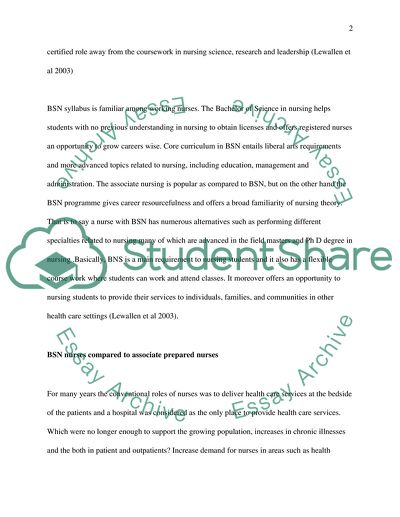Cite this document
(Comparison of Nursing with Other Professions Case Study, n.d.)
Comparison of Nursing with Other Professions Case Study. Retrieved from https://studentshare.org/nursing/1553807-bachelor-of-science-in-nursing-bsn-vs-associated-of-science-in-nursing
Comparison of Nursing with Other Professions Case Study. Retrieved from https://studentshare.org/nursing/1553807-bachelor-of-science-in-nursing-bsn-vs-associated-of-science-in-nursing
(Comparison of Nursing With Other Professions Case Study)
Comparison of Nursing With Other Professions Case Study. https://studentshare.org/nursing/1553807-bachelor-of-science-in-nursing-bsn-vs-associated-of-science-in-nursing.
Comparison of Nursing With Other Professions Case Study. https://studentshare.org/nursing/1553807-bachelor-of-science-in-nursing-bsn-vs-associated-of-science-in-nursing.
“Comparison of Nursing With Other Professions Case Study”. https://studentshare.org/nursing/1553807-bachelor-of-science-in-nursing-bsn-vs-associated-of-science-in-nursing.


